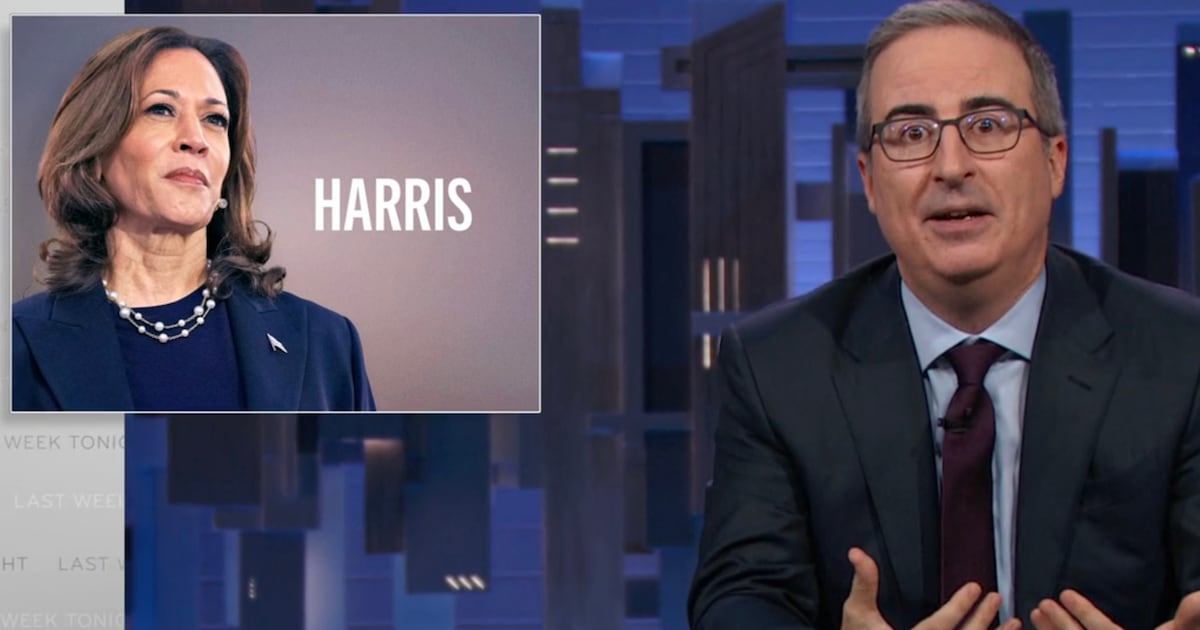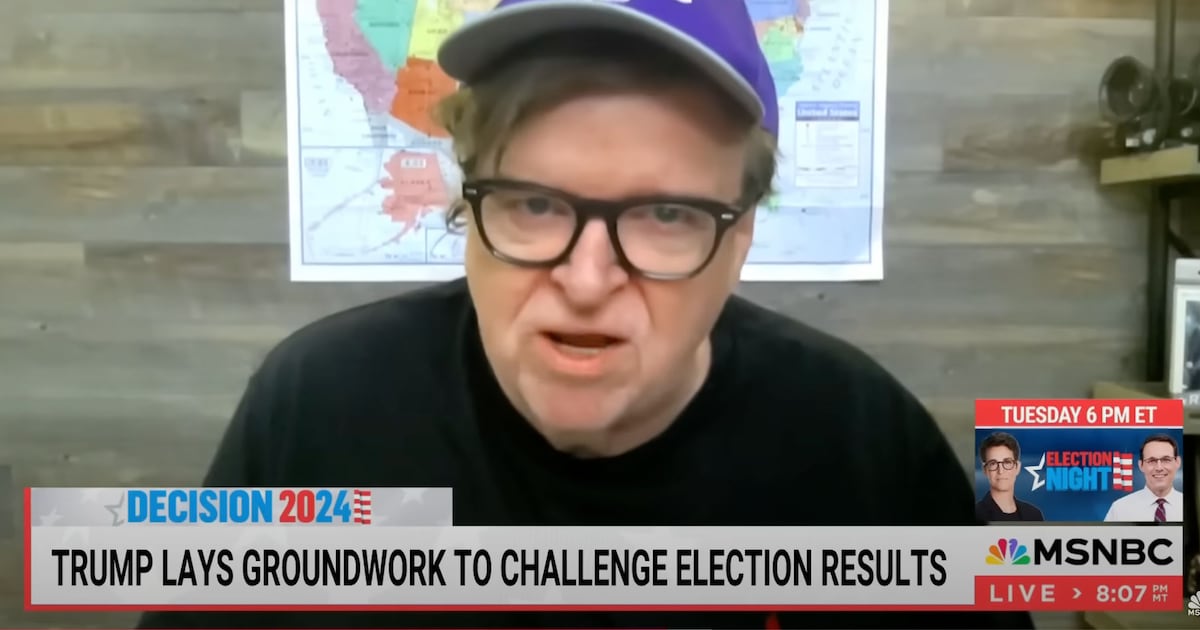Protests throughout Iran are cresting right as a crisis point for the landmark nuclear deal approaches.
Starting on January 13, a week from Saturday, Trump will face a deadline over reimposing economic sanctions that the U.S. agreed to lift under the 2015 nuclear deal. Despite the agreement, those sanctions have remained in place, technically; it’s just that president Obama and, thus far, Trump, periodically agree not to enforce them, keeping the deal alive.
In other words, as unrest in Iran spreads, Trump has an imminent opportunity to kill the Iran nuclear deal he despises, all by doing nothing.
ADVERTISEMENT
And as of right now, there’s no wave of concerted allied diplomacy aimed at keeping him in, The Daily Beast has learned.
That’s in marked contrast to the last time Trump brought the U.S. to the precipice of withdrawing from the Iran deal was October, when he “decertified” Iranian compliance with the deal, even though the International Atomic Agency has consistently found Iran to live up to its obligations under what’s formally called the Joint Comprehensive Plan of Action (JCPOA). Before he did, the White House and the State Department endured a full-court press from the U.S.’ traditional European allies to save the deal.
After the decertification, Britain, France and Germany warned Trump in a joint statement against taking “any steps that might undermine” the agreement with Iran, formally known as Joint Comprehensive Plan of Action or JCPOA, “such as re-imposing sanctions on Iran lifted under the agreement.”
But the Europeans are relatively silent this time. “We’re not pressing the White House, which is aware of our position,” a senior European diplomat told The Daily Beast.
Another European diplomat from a different country confirmed the lack of a concerted pressure campaign, saying the Trump administration and Congress knows full well the Europeans want the agreement to remain intact. This second diplomat said they remain “concerned by the possible implications” of Washington reneging on the nuclear deal.
As Politico observed, if Trump declines to waive sanctions, the implications for the deal’s future are far greater than any decertification. (After all, the whole American “certification” concept was a product of U.S. legislation, not the deal itself.) The Iranians will be able to claim that the nuclear deal is dead, that Americans killed it and that it ought to no longer be subject to the negotiated restraints on its nuclear program.
“No question about it, we would be in material noncompliance” if the U.S. sanctions regime returns, said Jarret Blanc, who during the Obama administration was the State Department official in charge of overseeing the American end of the deal.
It remains unclear why Trump devoted so much emphasis last fall to focus on decertification, instead of the more urgent question of waiving sanctions. National security adviser H.R. McMaster told legislators last fall that Trump could let the deal remain in place, —if Congress would get rid of the politically troublesome requirement of recertifying Iran’s compliance over and over again. If it didn’t, McMaster suggested, Trump might not waive the sanctions when they come due in January. But Congress hasn’t revised Iran legislation, and it’s unclear if McMaster was bluffing, freelancing or heralding what happens in two weeks.
A representative for the National Security Council did not respond to a request for comment.
Now, however, nearly a week’s worth of protests in Iran have prompted Trump to practically herald the demise of the Islamic Republic, even though the magnitude, direction and outcome of the protests remain uncertain. “They are hungry for food & for freedom… TIME FOR CHANGE,” Trump tweeted on Monday, getting a dig in at the “terrible deal made with them by the Obama Administration.”
“If the president was inclined before [the protests] not to waive the sanctions and violate JCPOA, he’s probably more inclined today than a couple weeks ago,” said retired CIA analyst Paul Pillar, the former senior-most intelligence analyst for the Middle East.
The Trump administration took its first steps—besides the president’s tweets—toward pressuring Iran and encouraging the protests on Tuesday. They had little to do with the nuclear deal. The State Department urged the regime to remove digital restrictions on Iranian access to social media and secure messaging platforms, and called on Iranian citizens to use VPN tunnels to circumvent obstructions to those tools inside the country. The U.S. has an “obligation not to stand by,” said Undersecretary of State Steve Goldstein.
But while economic pressure on the Iranian regime would take time to reemerge, a restoration of sanctions “immediately strengthens the regime line, that [the protests] are a matter of our external enemies, especially America, trying to do us in,” Pillar said.
And that restoration could come as early as January 13.





